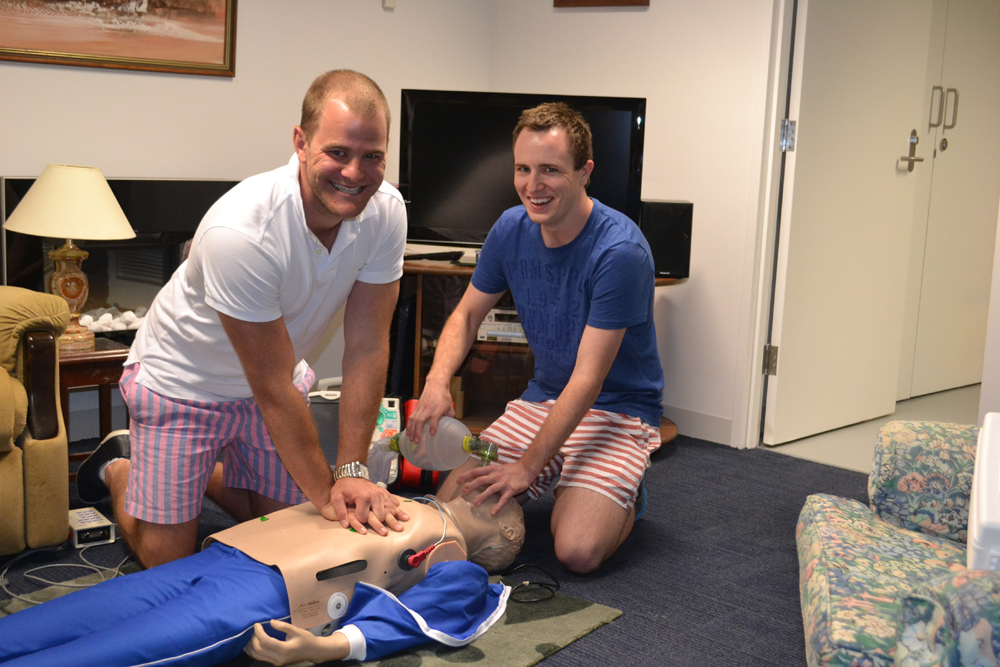Centre helps students prepare for situations in the community.
A multimedia space that simulates non-institutional settings is being used to prepare university students for community-based care.
Federation University Australia’s Immersive Domestic Nursing Laboratory simulates out-of-hospital situations where health services may be required.
“This facility expands the range of ways in which students can develop their knowledge and skill to assist in developing them as future practitioners,” Sally Wellard, professor of nursing at FedUni, said.
A 50-seat auditorium gives nursing, midwifery and paramedical students a view of a one-bedroom unit. The home includes a kitchen, bathroom, toilet, bedroom and living room, allowing for the unique issues and requirements each area may present to health staff to be explored.
The unit has a glass wall so the audience can view the ways others use the space and interact within it. Students are able to discover a series of situations and learn about appropriate responses.
The area also includes an adjoining room with a fitted-out ambulance and small sedan, part of a simulation of manual handling for paramedic and nursing students.
The multimedia capabilities of the facility allow scenarios to be live streamed, recorded and linked to other settings, enabling larger audiences to be reached, including students in remote sites.
Wellard said the room allows for the development of skills amongst students “who will be increasingly finding employment that requires delivery of health support outside of institutional settings”.
She said it also breaks down stereotypes surrounding how other people live and exposes students to the challenges of working with people from diverse backgrounds.
Rebecca Ozols, a second-year bachelor of nursing student, said the laboratory opened her eyes to what life was like for an elderly person with asthma and their carer living in the community.
“I was acting as the carer and participated in a group discussion on how nursing support could be helpful,” she said, adding that issues such as the causes of asthma in the house and how to manoeuvre around obstacles and hazards were explored.
Ozols said the experience was beneficial and gave her the opportunity to practise observational and critical thinking skills that were developed in the classroom.
“I hope I will get more opportunity to learn in this space for the rest of my degree,” she said. “These sessions are helping me understand the different types of situations I might encounter when I start working as an RN.
“It will assist me in thinking about the continuation of care of different patients as they move from different settings.”
Do you have an idea for a story?Email [email protected]
 Aged Care Insite Australia's number one aged care news source
Aged Care Insite Australia's number one aged care news source


What a great idea. I did my grad year with RDNS and it was very different to what we were taught at Uni. This is a good way to prepare students for community nursing.